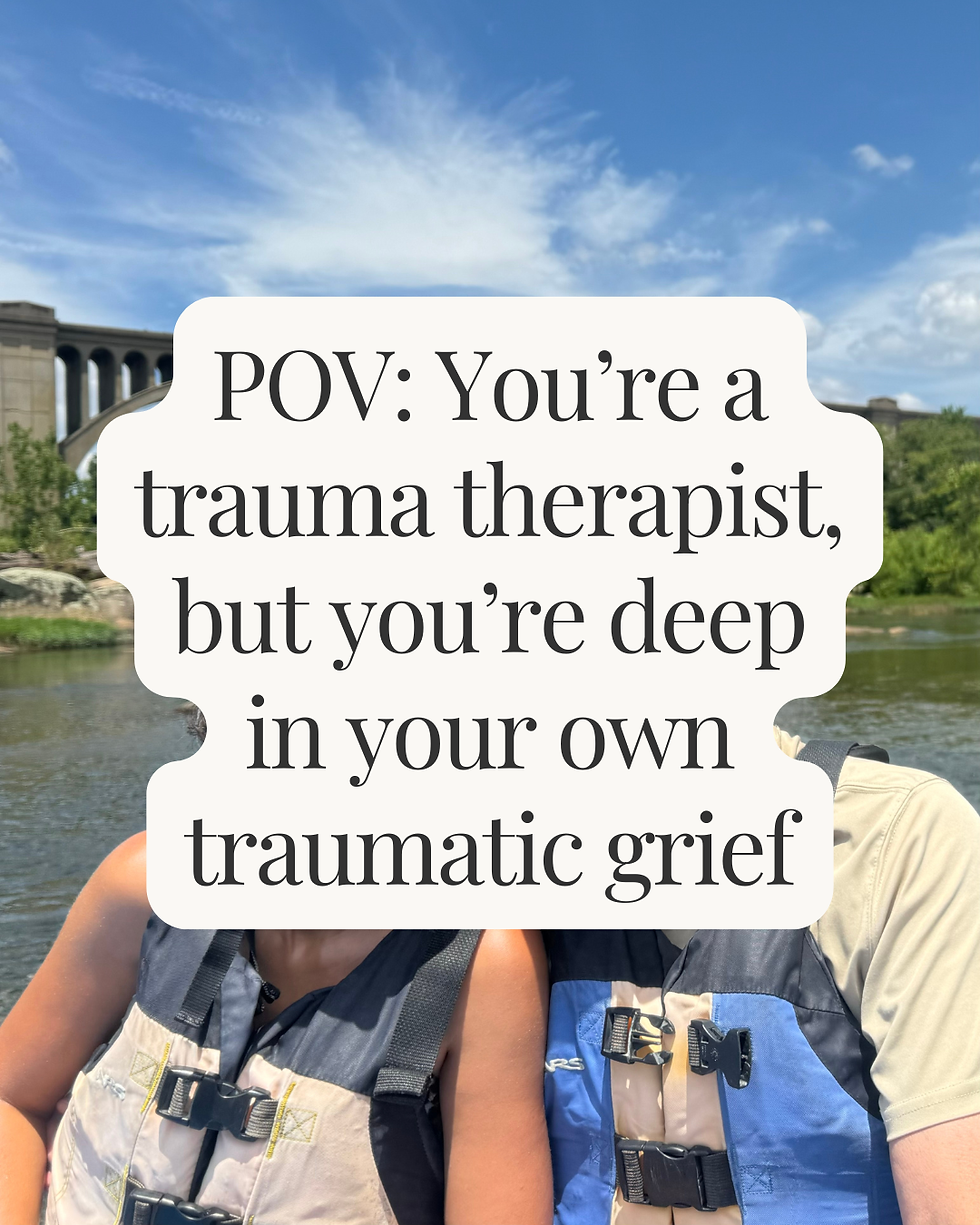Addiction, and Recovery, Lives Next Door
- Adrienne Loker

- Oct 14, 2021
- 3 min read
Updated: Apr 1, 2025
#Addiction does not discriminate. It affects people from all walks of life, no matter how intelligent or health conscious one might be. Twenty-two million Americans have an active substance use disorder (SUD), while 23 million Americans are in #recovery from this disease – that’s one in three households who are directly impacted by addiction (NCDAS). Chances are that you know, or perhaps love, someone who currently struggles or has previously struggled with #SUD.
SUD is expensive, costing the US $740 billion annually in lost workplace productivity, #healthcare expenses, and crime related costs (NCDAS, SAMHSA). It is also lethal, with accidental drug #overdoses becoming the leading cause of death among persons under the age of 45 in the US. This is higher than rates of death from motor vehicle accidents, stabbings, or shootings.
The #pandemic has only compounded the issues that go along with SUD. Connection and a sense of belonging are vital components to recovery from SUD. The subsequent lockdown, however necessary, heightened feelings of #isolation, loneliness, and depression. In order to #cope, many people turned to #drugs and #alcohol. This has meant increased rates of substance use for folks who may not have previously had trouble with their consumption and #relapse for those who had.

Recovery is possible.
Community support, quality treatment, and de-stigmatization are key components of recovery. Many people don’t know how to assess for their loved one’s #treatment needs, and may not understand how to vet out quality treatment programs. Further, the continuum of treatment services is often highly misunderstood. Many folks believe that “drying out” in a five-day #inpatient period (often known as “detox”) is sufficient to achieve long lasting sobriety. The reality is, this is just enough time to go through acute withdrawal. It still takes another two to twenty-four months to go through post-acute withdrawal.
During acute #withdrawal, a person experiences severe symptoms that can sometimes be fatal. The myth is that all people with an addiction experience this type of withdrawal, but that’s just not so. Substance use disorders exist on a spectrum of mild, moderate, and severe. More often than not, people with SUD will experience only post-acute withdrawal. During this period, mood, sleep, libido, concentration, and memory are impacted. A common post-acute withdrawal symptom is #anhedonia, or the inability to experience pleasure. This symptom is oftentimes dismissed or minimized, particularly with #Cannabis-Use Disorder, as it is commonly expressed through feelings of boredom.
The number one cause of relapse is undertreatment, which is roughly 40-60% of cases. A qualified professional will be able to assess what treatment options are appropriate and make recommendations for quality programs. When folks have access to treatment centers that utilize #experiential modalities, #trauma-informed practices, and family programing, the chances of sustaining positive changes increases.
Furthermore, the longer a person can remain therapeutically engaged, the higher rate of success they’ll have at maintaining their #sobriety. Per the CATOR studies, at 30 days of treatment, the success rate of maintaining sobriety for the long haul is 25%. This number increases to 75% at just six months, and a staggering 93% at five years.
These numbers can feel overwhelming to the people who love the SUD patient. And although there are effective treatment options, usually they only last three to five months at the most. To fill in the gaps, Seeking Depth to Recovery, LLC offers the ability to monitor if an individual is remaining abstinent and taking medications as prescribed. This alleviates the family from having to play the policing role while walking the tightrope of re-establishing trust.
In addition to recovery monitoring, our trauma-informed, experientially trained staff provide groups for the whole family that focus on education and healing the wounds that remain agape. Our family coaching model supports the whole system in adapting to sobriety and reclaiming the sense of vitality and peace that has been lost.
Find out more about how we can support your family at www.SeekingDepthToRecovery.com or call 804-203-2100.
Written by Amber Harris, PRS and Adrienne Loker, LCSW, EMDRIA Certified Therapist
.png)



Comments